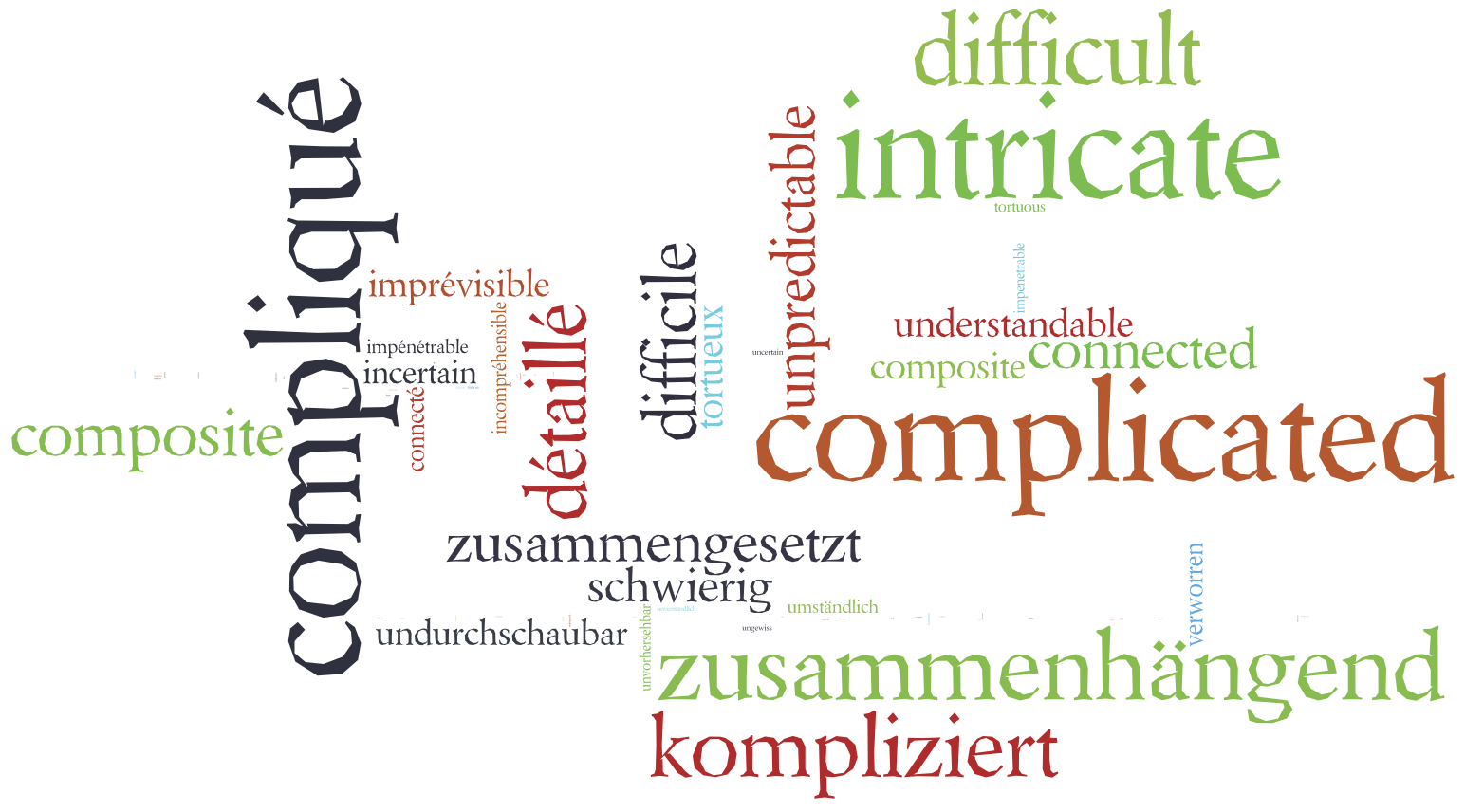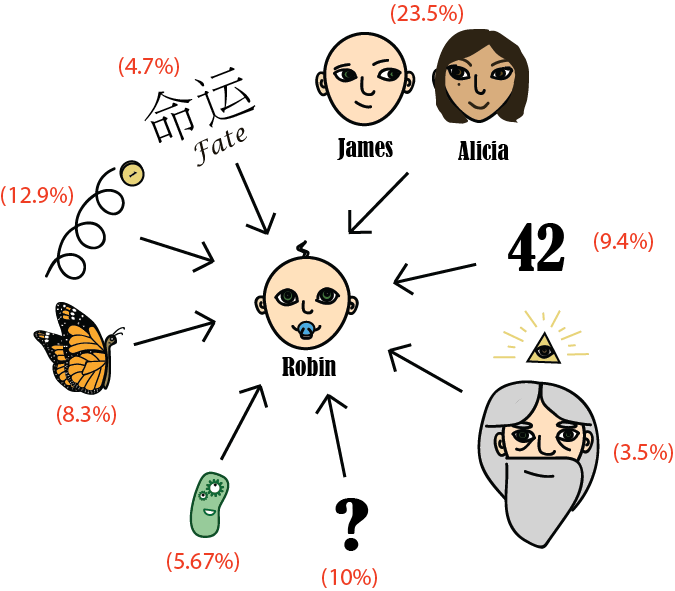Team:ETH Zurich/human/survey
From 2014.igem.org
Survey
Douglas Horton once said “The art of simplicity is the puzzle of complexity." We deal with complexity in our everyday life, we see it in nature. But how does this complexity emerge and how do we relate to it? Even before we can attempt to answer these questions we need to understand what people perceive as complexity and what they associate with it. Are the feelings associated with complexity positive or rather negative? Is a dog actually complex? And what about an atom? Or love? Where do people encounter complexity? How do they react to it; do they face it or do they choose to avoid it? In our survey, the questions range from general questions on complexity to questions directly related to our project.
However, before we tell you too much about our survey, we invite you to participate:
The survey can be filled in[http://docs.google.com/forms/d/1pvFPVzfH1aiNdy3MdAaaFFzeWysCZyDDybcqgt7LyzY/viewform?usp=send_form English], [http://docs.google.com/forms/d/1nLa1qMEAo9QjmIsOJgaN5pEVURDlVDqYKXuOvFnpjW4/viewform?usp=send_form German] and [http://docs.google.com/forms/d/1fQ0ZjKvnr-Ssek9fihlDRhmQsVaG8rwxCrNGHDC2JDU/viewform?usp=send_form French].
So far we have received 806 responses. The population consists of randomly selected people of all ages, sexes, and educational background. Further other iGEM teams were asked for their participation in our study, to have a more diverse population. Teams were requested to get more responses for our survey. Every team that managed to get at least 20 responses to our survey has been awarded a badge that can be posted on their wiki as a token of our appreciation. This task gave us a great opportunity to collaborate and network with different teams. We would like to thank them for their participation.
Our interpretations of the survey are summarised in the graphical illustrations below.*
In the first part of our survey, we asked people to rate a list of 14 items on a scale of 1 (most simple) to 10 (most complex). The scale above is the median of the ratings for each item. From our survey, we found out that people almost unanimously agreed on human beings to be the most complex and a table to be the simplest. We also observed that people considered feelings, love, a cell, a dog and a city to be highly complex with a score of 9. It was also interesting to see that a computer and robot were considered to be equally complex with a score of 7. Hunger, calculator, battery and a house were considered to be relatively simple. In general we observed a trend of increasing complexity as we progressed from man made objects to living beings.
 "
"








 $(document).ready(function(){
slider = $('.bxslider').bxSlider({'mode': 'fade', 'controls': false, 'auto': false, pagerCustom: '#bx-pager'});
});
$(document).ready(function(){
slider = $('.bxslider').bxSlider({'mode': 'fade', 'controls': false, 'auto': false, pagerCustom: '#bx-pager'});
});













